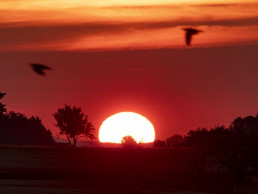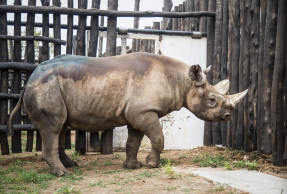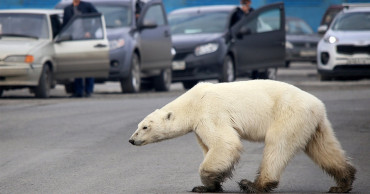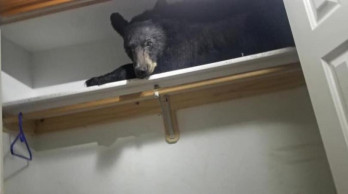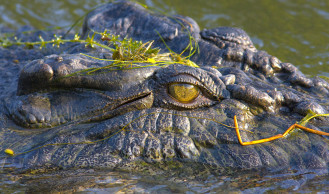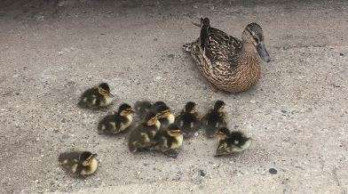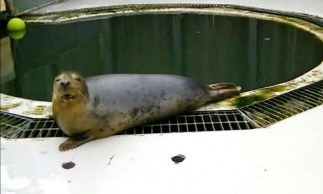Others
Historical marker commemorates reported alien abduction
Pascagoula, Jun 25 (AP/UNB) — A historical marker has been placed near the river where two men in southern Mississippi said they were abducted by aliens in 1973.
Puppy who disappeared after crash found 13 days later
Flagstaff, Jun 25 (AP/UNB) — A recently adopted puppy that disappeared after her owner crashed in Arizona survived 13 days in the mountains and has been reunited with her owner.
Women outperform men after Japan medical school stops rigging exam scores
Dhaka, Jun 25 (UNB) - Women have outperformed their male counterparts in entrance examinations for a medical school in Japan that last year admitted rigging admission procedures to give men an unfair advantage, reports The Guardian.
France put on hot weather alert as heatwave reaches Europe
Paris, Jun 25 (AP/UNB) — The sunset had an orange glow. So did the extreme weather warning for Paris.
5 endangered black rhinos relocated from Europe to Rwanda
Kigali, Jun 25 (AP/UNB) — Five critically endangered eastern black rhinos from wildlife parks in three European countries were transported to Rwanda's Akagera National Park on Monday.
This Exhausted Polar Bear Wandering a Siberian Suburb Is the Latest Face of the Climate Crisis
Dhaka, Jun 24 (UNB) - The starving polar bear who has been wandering around the Siberian city of Norilsk for four days was captured Thursday by wildlife experts from the Royev Ruchey Zoo, The Siberian Times reported. She is in a "dangerous state" after eating human garbage and will be flown to the zoo tomorrow for treatment, experts said reports EcoWatch.
Bear enters Montana home, settles in for nap in closet
Missoula, Jun 23 (AP/UNB) — Authorities say a black bear somehow locked itself inside a Montana home and then nestled onto a closet shelf that wasn’t too hard, wasn’t too soft, but just right for a nap.
Crocodile attacks to rise as global warming takes hold: Aussie expert
Canberra, June 23 (Xinhua/UNB) -- The number of crocodile attacks could rise as global warming takes hold, an Australian expert has said.
Firefighter uses YouTube duck calls to rescue ducklings
Littleton, Jun 22 (AP/UNB) — A flock of ducklings is safe in suburban Denver after a firefighter used a recording of duck calls to coax some of them from a storm drain.
UK study shows seal singing 'Twinkle, Twinkle, Little Star'
London, Jun 22 (AP/UNB) — Researchers in Scotland say gray seals can copy the sounds of human words and songs including "Twinkle, Twinkle, Little Star."



